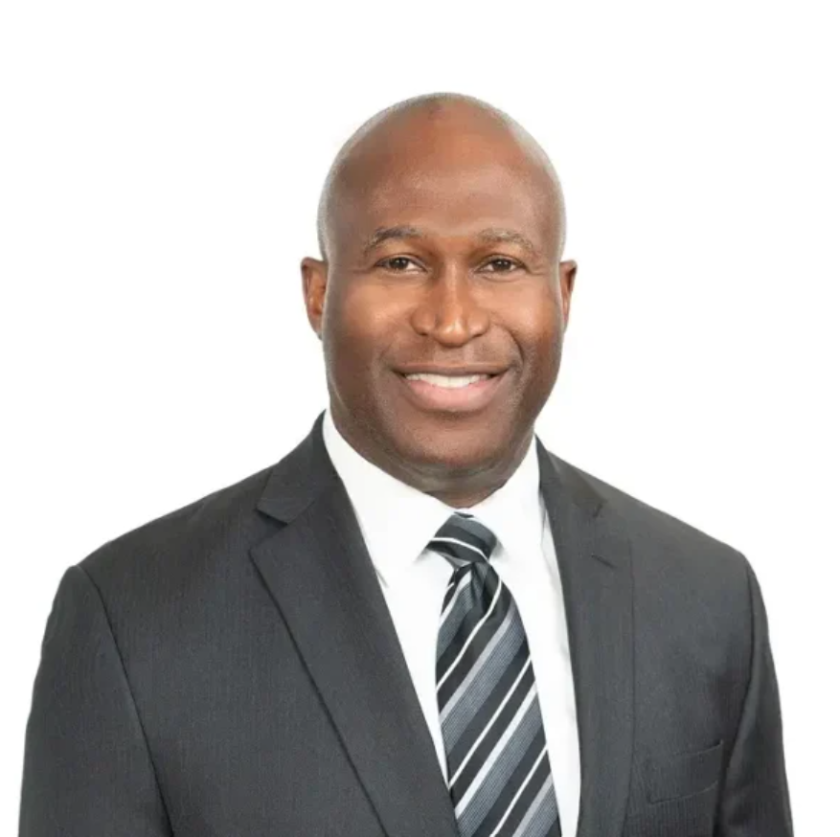The Internal Revenue Service and the Treasury Department released guidance Wednesday on claiming deductions for expenses associated with Paycheck Protection Program loans that have been forgiven.
The guidance in Revenue Ruling 2021-02 also reverses previous guidance issued last year by the IRS and the Treasury when Treasury Secretary Steven Mnuchin fiercely opposed the ability to deduct expenses related to forgiveness of PPP loans. Industry groups, including the American Institute of CPAs, lobbied for the ability to write off such expenses, arguing it would help struggling businesses and was in line with congressional intent when the CARES Act was passed last year setting up the PPP loans as a way to get money quickly into the hands of desperate business owners. The latest coronavirus relief bill included a provision that allows the expenses to be deductible and revives the PPP with a fresh round of $284 billion in funding. It will allow expenses related to seeking forgiveness of the Small Business Administration-backed loans to be deducted by businesses that received the loans, so businesses will be able to engage accountants to help with the task of applying for PPP loan forgiveness.

Wednesday’s revenue ruling reflects some of the changes to the tax laws that were included in the COVID-related Tax Relief Act of 2020, which was enacted as part of the Consolidated Appropriations Act of 2021, signed into law on Dec. 27, 2020. The COVID-related Tax Relief Act of 2020 amended the CARES Act to specify that no deduction would be denied, no tax attribute would be reduced, and no basis increase would be denied by reason of the exclusion from gross income of the forgiveness of an eligible recipient’s covered loan. The change applies for tax years ending after March 27, 2020.
Tom McFarland leads Novidea's UK product roadmap and business analysis function. Through his industry expertise, close relationship with existing clients and engagement with prospects, Tom ensures the delivery and ongoing enhancement of Novidea's platform provides added value to brokers and MGAs. Tom holds strong partnerships within the insurtech community, enabling practitioners to benefit from a connected insurance ecosystem. Having spent time in operations roles within Specialty Broking and Delegated Authority, Tom's comprehensive understanding of the challenges at each stage of the insurance value chain ensures that the Novidea platform solves the challenges of today and prevents the problems of tomorrow. Tom is keen to drive transformation across the industry, particularly within the Specialty and Lloyd's markets, where there is enormous opportunity for technological modernisation and adoption.
Theo Ellis is CEO and co-founder of mortgage technology company Friday Harbor.
Omuso D. George is president and CEO of the Association of Military Banks of America. He is a retired U.S. Army brigadier general.
The new revenue ruling thus obsoletes the old guidance from the IRS and the Treasury last year in Notice 2020-32 and Revenue Ruling 2020-27, which said the PPP loan forgiveness expenses couldn’t be deducted. The obsoleted guidance disallowed deductions for the payment of eligible expenses when the payments resulted (or could be expected to result) in forgiveness of a covered loan, but that has been changed now in the new guidance.
“This law uncategorically says that all expenses that were paid to meet the requirements of having the PPP loans forgiven are now deductible,” said Evan Morgan, director of tax services at Kaufman Rossin, which does tax and accounting work for many professional services clients, including law firms and doctors’ offices. “That’s a very big deal, particularly because they weren’t sure how to plan for this because professional services firms are a little bit different than normal entities in that they like to pay out all of their profits in the form of salaries prior to the end of the year.”
Howard Wagner, a partner in the Washington national tax practice at Crowe, believes the IRS and the Treasury took the correct position last year on nondeductibility of PPP loan forgiveness expenses, but acknowledged it was politically unpopular and didn’t survive. However, there may be some extra complexity in accounting for the reversal on financial statements. “The interesting thing on the PPP is because the Service had said they were nondeductible, you had to account for them in your provision as if they were nondeductible,” he said. “And now you have to go back and adjust your provision for the fact that they will be deductible. That impacts the tax rate and that impacts your financial statement tax provision.”



